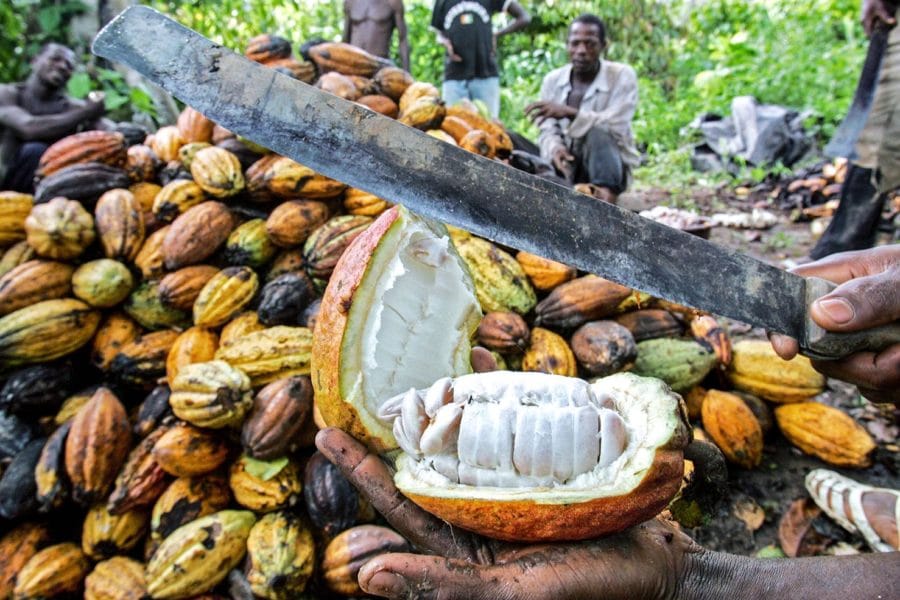Ivory Coast Leads with 2.2 Million Tons of Cocoa Annually, Far Outpacing Nigeria's 340,163 Tons

Source: Naija247news
Author: Gbenga Samson
**ABUJA, May 17 (Reuters)** - Once the world's leading cocoa producer, Nigeria has slipped in rankings due to outdated farming techniques, according to the Incorporated Society of Planters (ISP). Despite this, Nigeria's cocoa and oil palm production have significant potential to boost the country's GDP if properly harnessed.Thank you for reading this post, don't forget to subscribe!
Fatai Afolabi, Protem Vice Chairman of ISP Africa, highlighted these issues during a media briefing ahead of the ISP Africa chapter launch on May 24, 2024, in Abuja. Afolabi emphasized the need for modern agricultural practices to reclaim Nigeria's leading position in cocoa and oil palm production.
Nigeria is currently the fourth largest cocoa producer, earning about N34 billion annually from cocoa bean exports. However, its output of approximately 340,163 tons annually pales in comparison to Ivory Coast's 2,200,000 tons.
In addition to cocoa, Nigeria's palm oil production has increased, but the country still imports about one million metric tonnes to meet demand. Afolabi stated that Nigeria cannot rely on outdated planting materials and techniques if it wants to compete globally. He called for learning from countries like Indonesia and Malaysia, which have advanced their agricultural practices.
The launch of ISP in Nigeria aims to address labor shortages, reduce operational costs, and improve palm oil yields, benefiting smallholder farmers. ISP Africa Chairman Dr. Shermal Perera urged Nigeria to emulate Malaysia's successful oil palm industry, noting that Malaysia initially learned from African countries.
Perera also mentioned the importance of capacity building and modern technology in agriculture, pointing out that Malaysia and Indonesia have become leading producers through sustained, aggressive production and technological advancements.
The event on May 24 aims to promote sustainable agriculture and collaboration among African planters, helping Nigeria to improve its agricultural output and economic contribution.
